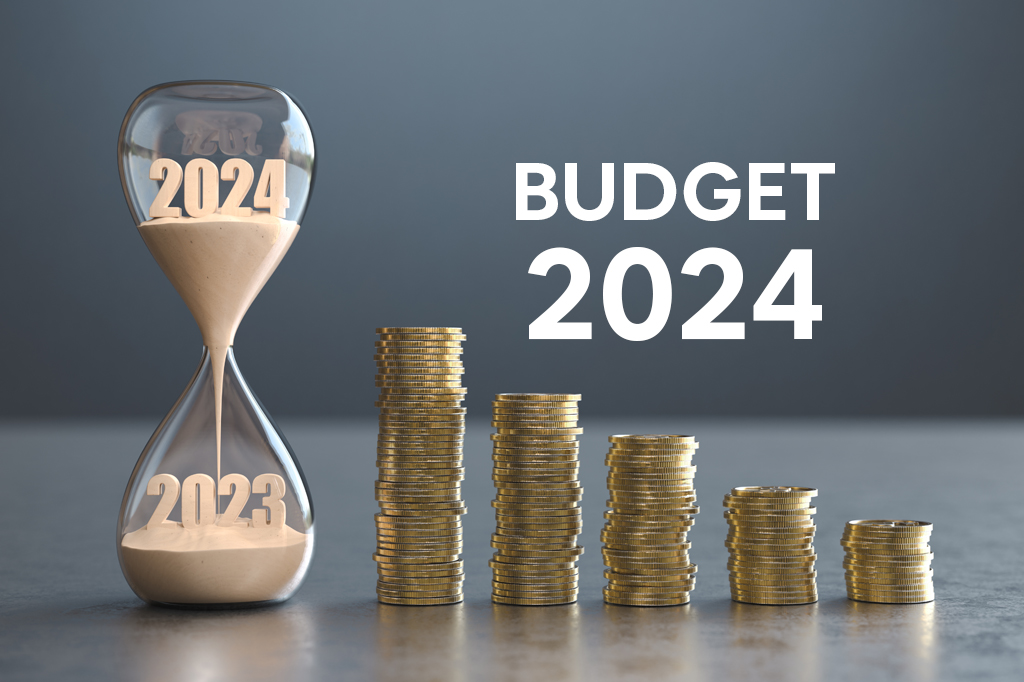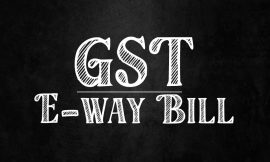Union Finance Minister Nirmala Sitharaman unveiled the Interim Union Budget for the upcoming fiscal year (2024-25). The budget remains committed to policy continuity by refraining from implementing any alterations to taxation. The budget is designed with the understanding that there may be a reduction in global fiscal expenditure this year, coupled with the possibility of additional tightening in global monetary policy. Key highlights are detailed below;
No Changes in Income Tax Slabs
The recently announced budget maintains the status quo on income tax slabs, with no alterations to the existing rates; the current rates persist without any changes.
Income tax laws stipulate that individuals without business income must make an annual choice between the new and old tax regimes. This decision-making process allows for flexibility, enabling individuals to opt for the new tax regime in one fiscal year and switch to the old tax regime in the subsequent year. This provision acknowledges the diverse financial circumstances of taxpayers, providing them with the option to align with the tax structure that best suits their preferences or financial goals each year. The alternating choice between tax regimes allows individuals to adapt their tax strategy based on evolving financial conditions and taxation policies, promoting a dynamic approach to personal taxation. Ultimately, this provision aims to accommodate individual preferences and optimize tax planning strategies in a changing economic landscape.
No Change in Tax rates for Company or LLP
The budget declaration confirms the absence of any alterations to the tax rates applicable to companies and Limited Liability PartnershipsLLPs. The existing tax rates for these entities continue without modification. Businesses operating in these structures can proceed with their financial planning and operations without being affected by shifts or fluctuations in the tax rates, providing a sense of predictability and continuity. Overall, the decision to retain the existing tax rates for companies and LLPs aims to foster a steady and reliable fiscal environment for these corporate entities.
Exemption to Startups and Extended
Startups will receive specific exemptions, and concessions will be prolonged, including the extension of tax benefits for sovereign wealth funds and startups until March 2025. This extension underscores a commitment to maintaining a supportive tax environment for these entities, offering them continued advantages and incentives. By extending these concessions, there is a clear recognition of the crucial role that startups and sovereign wealth funds play in fostering innovation and economic growth. This decision aims to encourage investment and entrepreneurship, contributing positively to the broader economic landscape.
Assistance to Taxpayers
Under the initiative for taxpayer assistance, the government has decided to withdraw direct tax demands for amounts up to ₹25,000 for the period up to 2009-10 and ₹10,000 for the period up to 2014-15. This move is anticipated to benefit a significant number of individuals, specifically around one crore taxpayers. By easing the burden of tax demands within these specified limits and time frames, the government aims to provide relief to a substantial portion of the taxpayer population, promoting a more taxpayer-friendly environment and simplifying the resolution of older tax-related issues.
No Extension of Lower Rate to Manufacturers
Manufacturing units set up after March 2024 will not be entitled to the extension of the lower tax rate. This decision delineates a clear timeframe for eligibility, emphasizing that only those manufacturing units established before the mentioned date will be eligible for the advantageous tax rates. The intent is to provide transparency and define the scope of the lower tax rate, limiting its application to manufacturing units initiated within the specified period and excluding those established after the designated cutoff.
Mudra Yojana Loans
A total of 30 crore loans under the Mudra Yojana have been extended to women entrepreneurs. The Mudra Yojana plays a crucial role in providing financial assistance to small and micro-enterprises, and the substantial number of loans granted to women reflects a commitment to promoting gender-inclusive economic growth and self-employment opportunities and under the PM Mudra Yojana, a remarkable achievement has been reached, with the sanctioning of 43 crore loans totaling Rs. 22.5 lakh crore, dedicated to nurturing the entrepreneurial aspirations of the youth.





